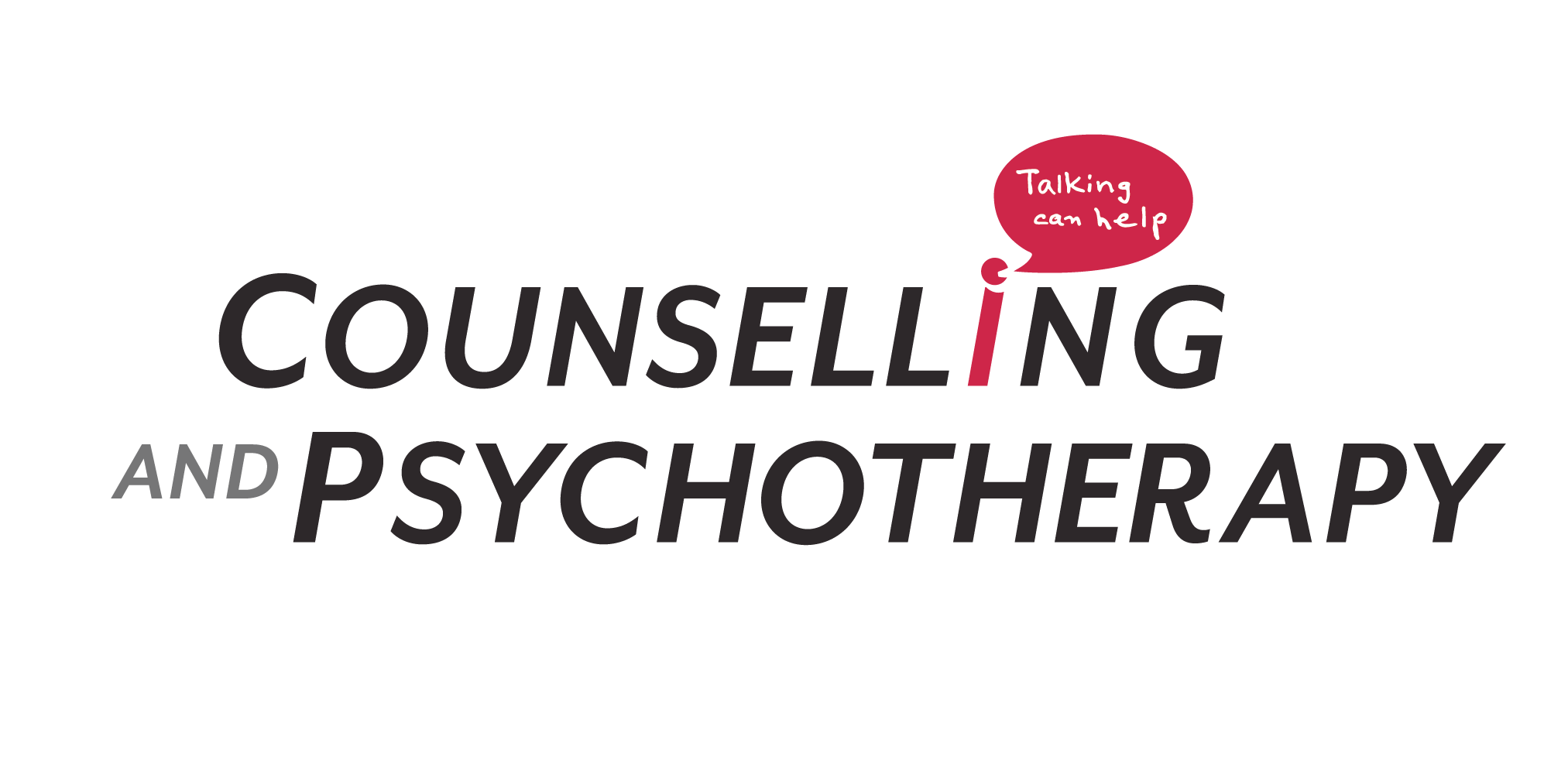What is Therapy?
*Please note that the words 'therapist' and 'therapy' include 'counsellor/psychotherapist' and 'counselling/psychotherapy'.
Therapy offers you a safe, confidential place to talk about your life or give expression to anything that may be difficult, confusing, painful, uncomfortable, or preventing you from fully engaging in daily life. It allows you to work with someone who is trained to listen attentively and to help you improve or stabilize things.
How will therapy make me feel?
Therapy is a very personal process. Sometimes it is necessary to talk about painful feelings or difficult decisions, so you may go through a period of feeling worse than when you started. However, therapy should enable you to feel more capable in the long-run.
If you do experience a period of feeling worse, talk to your therapist about it right away to ensure you get the best out of your therapy.
Will I feel better right away?
Usually it will take a number of sessions before therapy starts to make a difference. However on rare occasions, a single session may be enough.
Does it work for everybody?
Therapy doesn’t work for everybody. It is not a universal cure-all. Because you may be working through very personal and often painful matters, it can sometimes be difficult to keep going. Despite this, it is often worth the effort as together you find ways to work through problems.
Will I be able to have therapy that understands my cultural background?
Therapists come from a wide range of backgrounds and cultures. It should be possible to find an appropriate therapist for your needs. How and where you access therapy will affect how much choice you have when selecting your therapist.
Is all therapy the same?
No. There are different methods and approaches to therapy, and your chosen therapist will be able to talk to you about their particular method or approach.
What types of therapy are there?
There are many different types of therapy available (see Types of Therapy).
However, in general, research shows that the positive relationship with your therapist is more important than the method they use.
Your choice of type of therapy may be limited depending on where you access it. If you have a preference over the type of therapy, you may choose to seek a private counsellor or psychotherapist who specializes in that specific type of therapy.
The Process
How long does it take?
Therapy can be just a few sessions and sometimes even one session may be enough. It may continue over several weeks or months. This depends on your individual situation. Your chosen therapist should discuss this with you before and during your course of therapy.
How long is a session?
Sessions will usually last fifty minutes to one hour. This can be adapted to your needs and should be discussed with your chosen service provider.
How often will I see my therapist?
Many people see their therapist once a week, but the frequency can vary according to your need and the type of therapy being offered.
Before you begin sessions, make sure to ask your therapist about the process, so that you know what the plan is from the start.
I have a disability. Will that make a difference?
Disability should not make a difference, although adjustments can be made, such as when a blind client may need documents in Braille or a client with a traumatic brain injury may require additional supports or electronic speaking technology. If you are affected by an injury, condition, or disability that affects mobility, it is always a good idea to check ahead for accessibility. A number of therapists work with issues of disability and offer details of facilities to make your counselling or psychotherapy experience as convenient as possible.
I do not speak English or French, Will that make a difference?
Many therapists indicate the variety of languages they speak on their websites, advertising, and business cards. Sometimes interpreters accompany clients who have language support needs, particularly when clients are not oral or do not know a language in which the therapist is conversant. If you plan on attending sessions with an interpreter, it is always a good idea to inform your therapist in advance. In this way, the experience can be as welcoming as possible.
